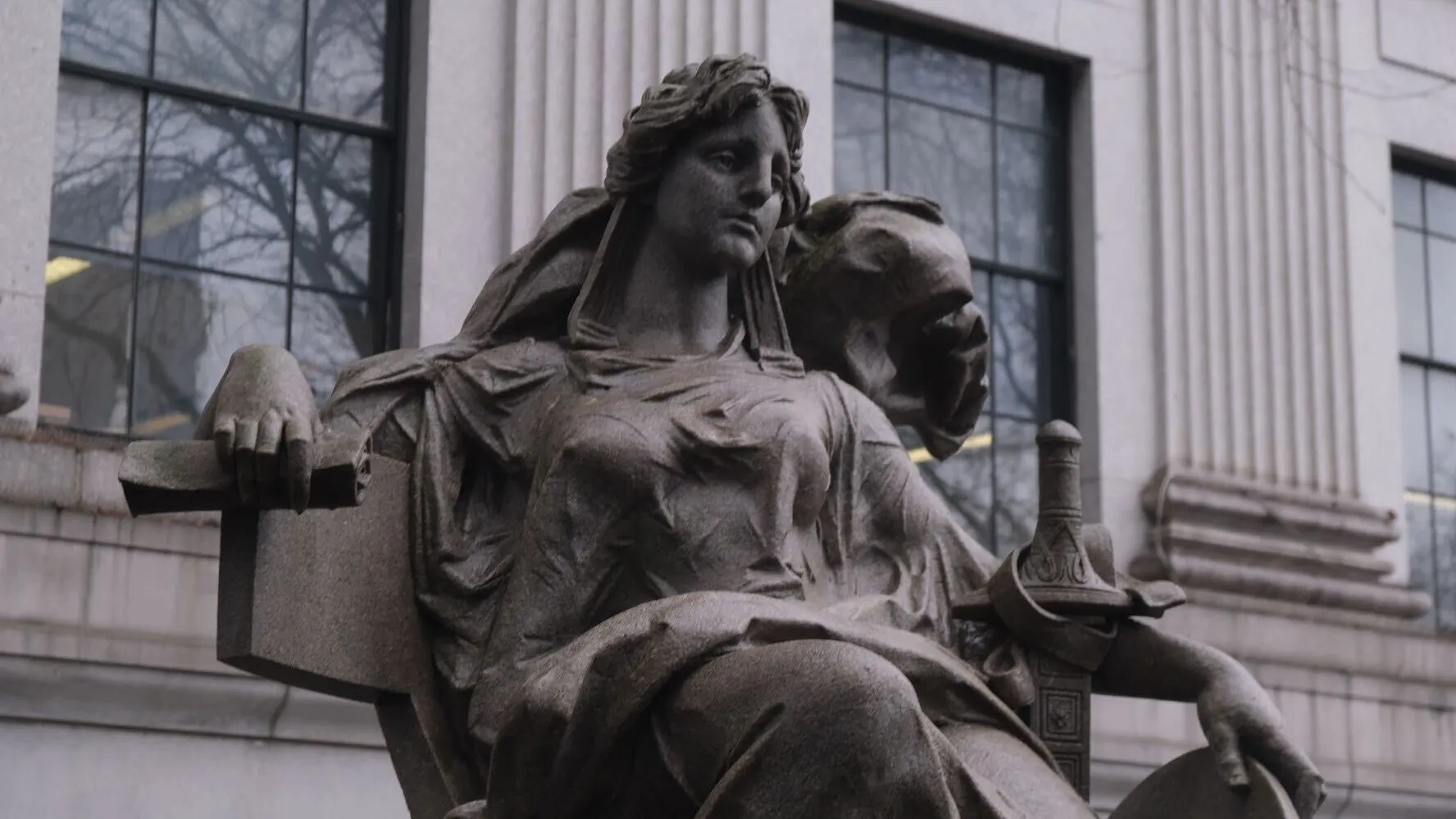FTX insiders Gary Wang, Caroline Ellison, and Nishad Singh concluded their respective testimonies on Tuesday, as FTX founder Sam Bankman-Fried’s criminal trial progressed past a key wave of witnesses in New York.
The contours of the government's case, across key facts and charges, have been molded mostly by the three. Their testimony is foundational to prosecutors’ account of Bankman-Fried’s wrongdoings, to which the former crypto mogul has pleaded not guilty.
The defense hasn’t decided yet on whether it will present a case. If it decides to do so, Bankman-Fried’s lawyers have said it should take a week. And it could seize on statements Wang, Ellison, and Singh have made during their time on the stand.
Singh, former head of engineering at FTX and Alameda Research, was the last of the case’s co-defendants to testify and faces a maximum sentence of 75 years. Previously, the government called on former Alameda CEO Ellison and FTX co-founder Wang. The two former execs face maximum sentences of 110 and 50 years of prison time, respectively.
All three struck cooperation agreements with the government before Bankman-Fried’s trial began and pleaded guilty to fraud and conspiracy charges in hopes their cooperation could earn them more lenient sentences. That will be determined after a verdict is reached.
Bankman-Fried is fighting seven fraud and conspiracy charges that accuse him of dipping into billions of dollars of FTX customer funds through his trading firm, Alameda Research. Alameda had special privileges that allowed the firm to effectively borrow an unlimited amount of customers’ cash and crypto, Ellison, Wang, and Nishad have said.
On Monday, Singh spoke about Bankman-Fried’s approach to spending that “wreaked of flashiness and excess,” from a multi-million penthouse purchased in the Bahamas to venture capital investments and flashy FTX endorsement deals.
Singh said during his testimony Monday that he defrauded FTX’s customers and investors while also serving as a straw donor, or the name FTX put on checks when using customer funds to make political donations.
To be clear, campaign finance charges included in a superseding indictment against Bankman-Fried were dropped in July, and the scheme was subsequently folded into allegations of wire fraud for his October trial.
All three FTX insiders walked through wooden double doors to enter U.S. District Judge Lewis Kaplan’s Manhattan courtroom and sat several paces from Bankman-Fried. Facing the former crypto mogul from the stand, federal prosecutors were situated in between them.
At least several of the jurors have dozed off during the defense’s cross-examination of federal prosecutors’ witnesses. One member, who Decrypt has observed napping before, was getting some shuteye before noon on Tuesday.
Kaplan appeared ever-frustrated with the defense’s plodding pace through a panoply of topics, such as flaws in Alameda’s accounting system for keeping track of FTX customer funds and how liquidations worked on the exchange.
The defense’s cross-examination has had its “rugged” moments, as called out by Judge Kaplan. At the same time, there’s a chance that Bankman-Fried’s defense secured some responses that dovetail with their telling of FTX’s collapse—previously described as a “perfect storm.”
The consistency of questions levied at key co-defendants has been reflected in some regards on both sides of the trial. Prosecutors have focussed on unpacking crimes that Wang, Ellison, and Singh say they have committed each time, while Bankman-Fried’s lawyers have routinely touched on the witnesses’ compensation, multi-million dollar bonuses included.
Early in the morning, before Cohen could elicit any point from Singh, the government’s objections derailed a line of questions. At one point, Judge Kaplan issued the defense a reminder to keep their questions focused, precise, and properly formed.
“I think it’s a little hard to start in the middle of the ocean at this point,” Kaplan said, addressing an objection to one of Cohen’s questions. “Let’s try to pin this down.”
Edited by Stacy Elliott.

